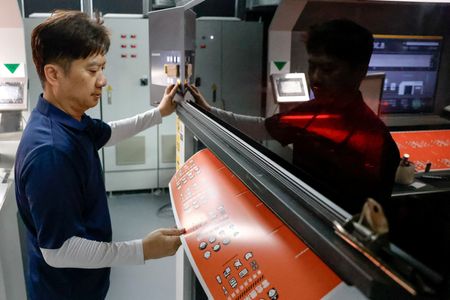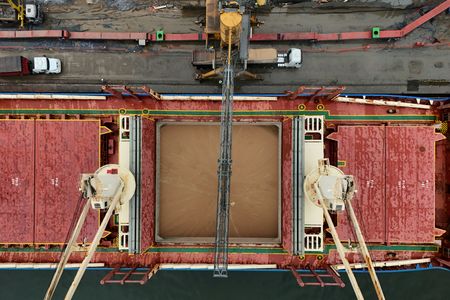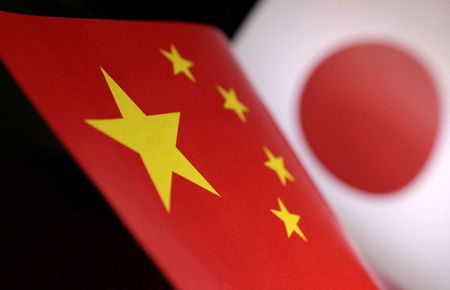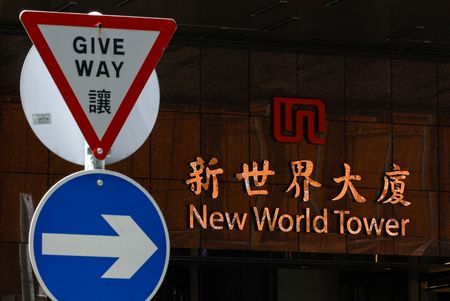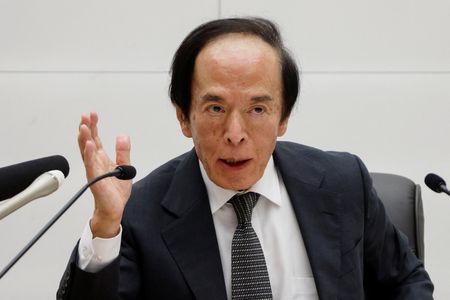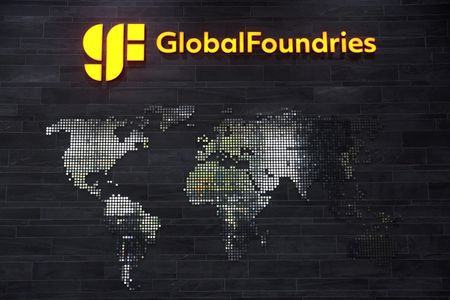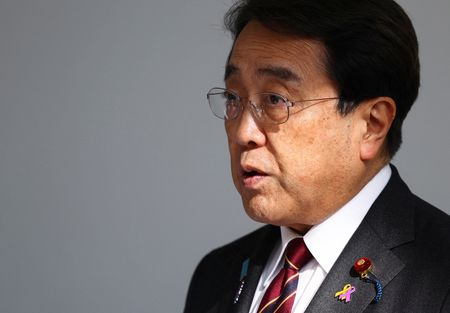TAIPEI (Reuters) -Taiwan will tighten its export controls for potential dual-use civilian-military technology to include quantum computers and advanced semiconductor equipment to fulfil its obligations to stop weapons proliferation, its economy ministry said.
Since Russia invaded Ukraine in 2022, Taiwan has announced successive updates to its export control regime to prevent Taiwanese high-tech goods from being illicitly used for military purposes.
On Monday, the economy ministry’s International Trade Administration issued a 60-day review period for planned revisions to its export control list for dual-use items and technology and another list that covers military items.
The review period is to elicit feedback from interested parties before the final rules are implemented, the ministry added.
Taiwan was making the revisions to comply with the Wassenaar Arrangement, the ministry said, referring to an international agreement to prevent weapons proliferation, though diplomatically-isolated Taiwan is not a signatory.
The rules, when they go into force, mean Taiwanese companies would need government approval for such exports.
It did not say when exactly the rules would go into effect.
Taiwan, which China claims as its own territory despite the strong objections of Taipei’s government, already has separate tight chip export controls when it comes to Taiwanese companies either manufacturing in China or supplying Chinese firms.
In June, Taiwan added China’s Huawei Technologies and Semiconductor Manufacturing International Corp (SMIC) to its export control list, which includes other proscribed organisations like the Taliban and al Qaeda.
Taiwan is home to TSMC, the world’s largest contract chipmaker and a major supplier of chips to artificial intelligence darling Nvidia.
(Reporting by Ben Blanchard and Jeanny Kao; Editing by Jamie Freed)

